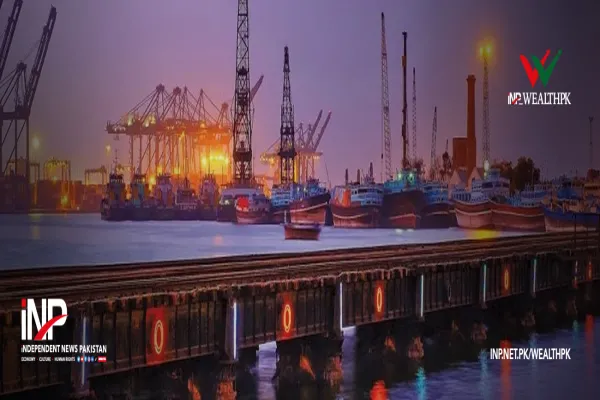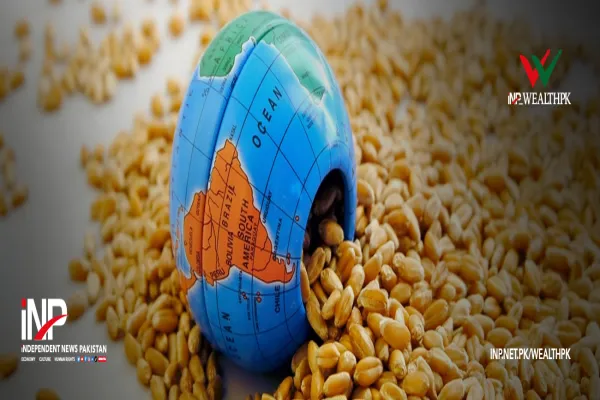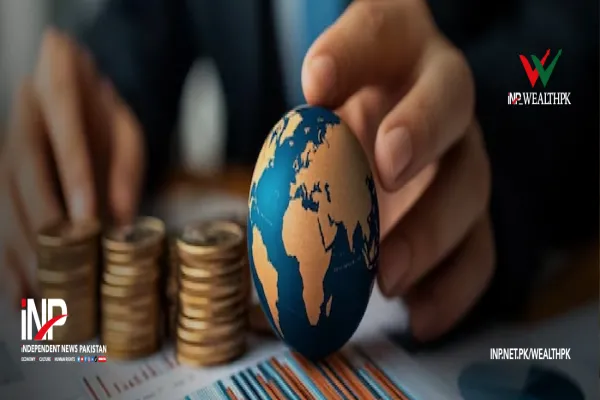i INP-WEALTHPK
Muhammad Saleem
The business community has urged the government to devolve powers and introduce structural reforms to address debt, unemployment, and trade deficits, thereby putting the economy on a sustainable path. Talking to Wealth Pakistan, Zaki Aijaz, Vice-President of the Federation of Pakistan Chambers of Commerce & Industry, said that the National Finance Commission Award and the 18th Constitutional Amendment stipulate devolution of powers to the grassroots levels.
He said that Pakistan’s GDP primarily came from just 10 cities, with negligible contributions from other regions. Zaki said China achieved economic growth because it focused on initiatives like One Village, One Product or district-level development. “In Pakistan, if each district is assigned a $1 billion export target and local products are supported, the economy could be strengthened,” he remarked.
He said that Pakistan is an agricultural country, yet it imports billions of dollars’ worth of edible oil and pulses. “Pakistan’s total exports are $36 billion, of which $18 billion comes from textiles alone. The rest comes from rice, meat, and a few other products. In other words, the country’s exports rely heavily on just seven or eight products. This is an unbalanced model, and we have to diversify our export mix,” he suggested.
The FPCCI vice-president said: “The economy will continue to stagnate if powers are not delegated to the lower tiers of the government. The solution is to empower districts with both authority and resources.” Khalid Usman, Senior Vice-President of Lahore Chamber of Commerce and Industry, also supported “decentralisation” of the economy, but cautioned that the country lacked the resources for such an initiative.
He called for improving the existing system through good governance and effective service delivery. “What the economy really needs is peace and stability, affordable energy and low-cost raw material,” he emphasised. Riaz Shahid, a fabric trader, told Wealth Pakistan that the country’s economy was heavily reliant on the textile sector, yet the sector was suffering as the government wastes no time in imposing taxes on it, assuming it can bear the burden easily.
“Due to ill-conceived policies, the people associated with the textile sector are facing severe hardships.” He added that to share the financial burden of the textile and agriculture sectors, the government must develop other industries in different areas to strengthen the national economy and create more jobs. “Decentralisation will help address Pakistan’s economic challenges such as debt, unemployment, and trade deficits.”
Credit: INP-WealthPk








